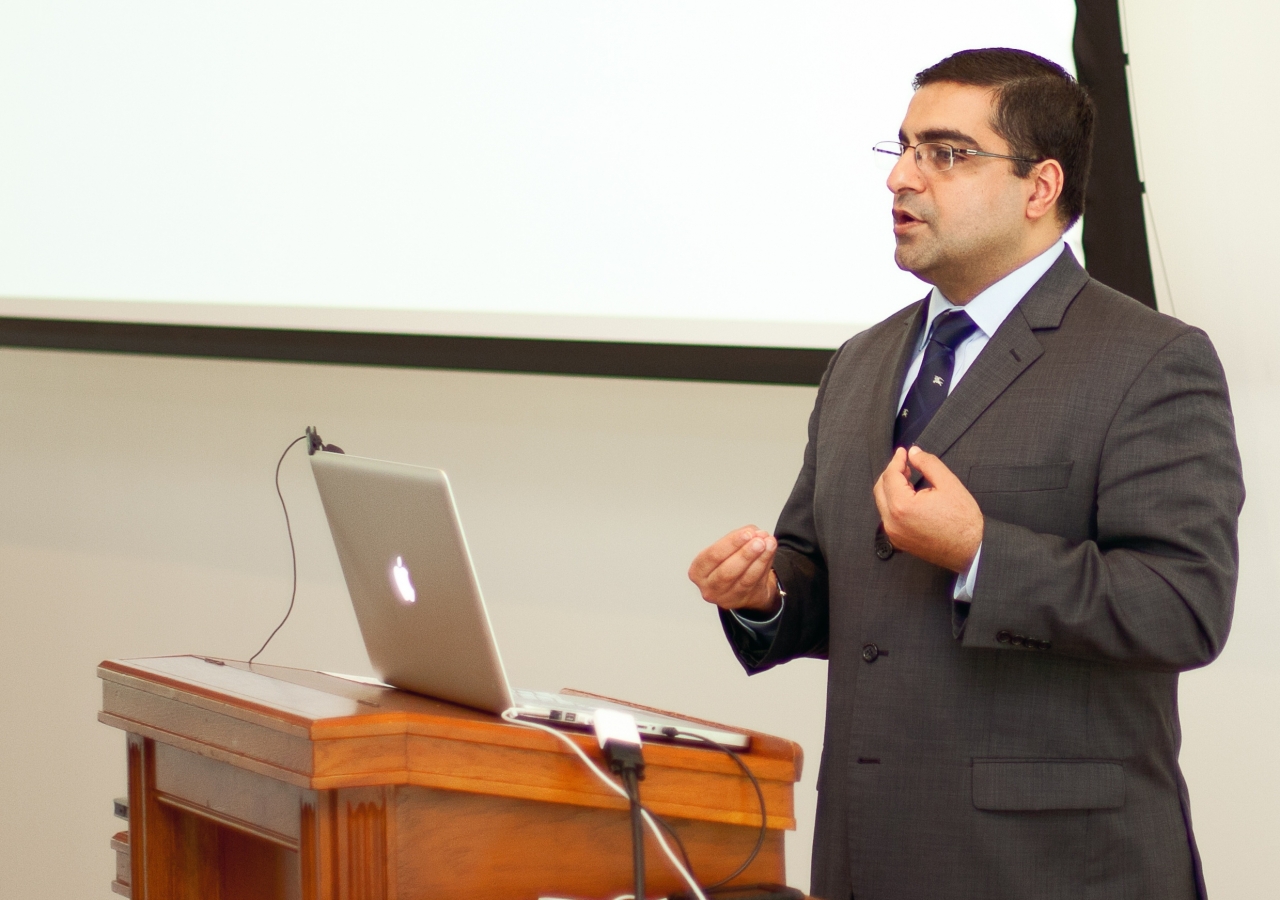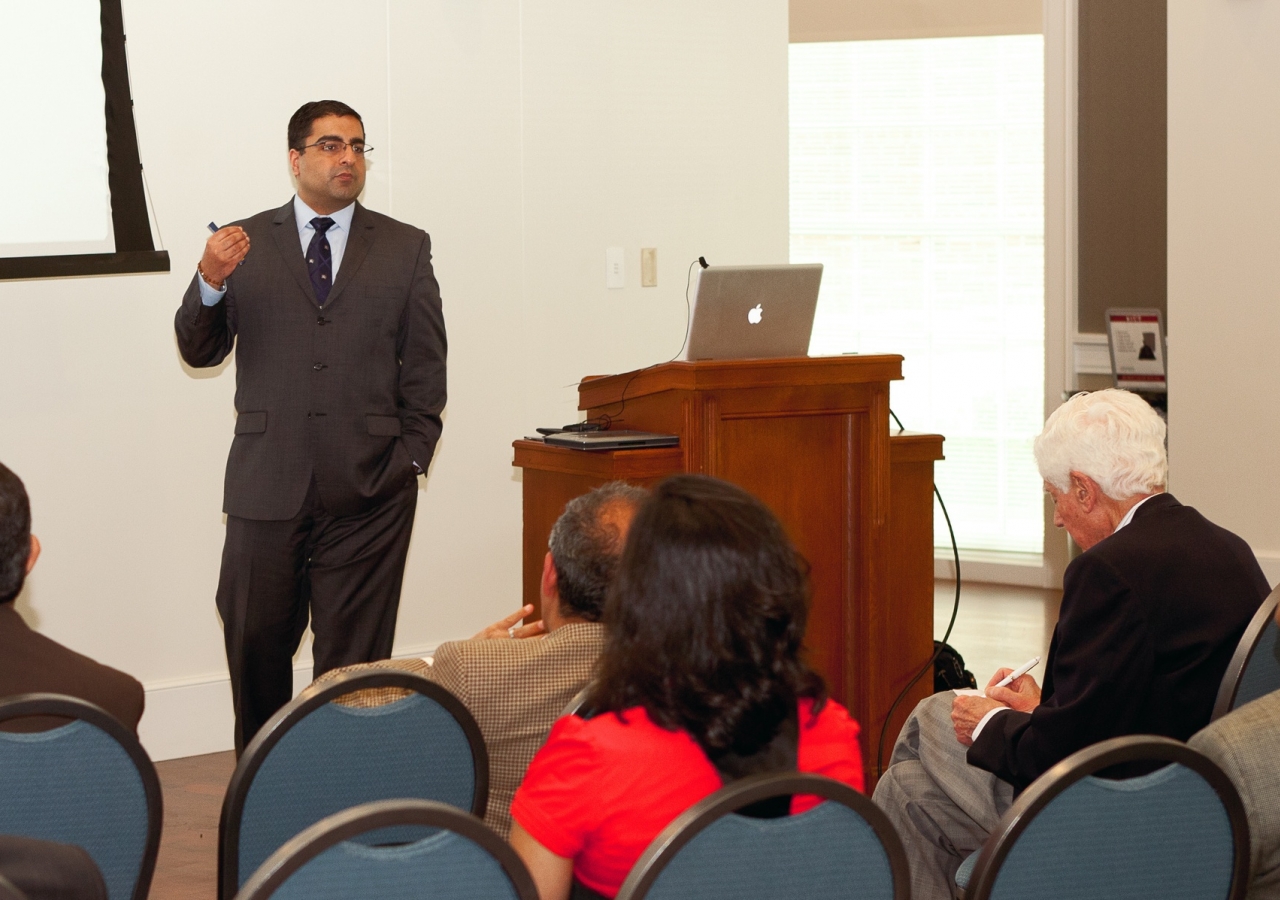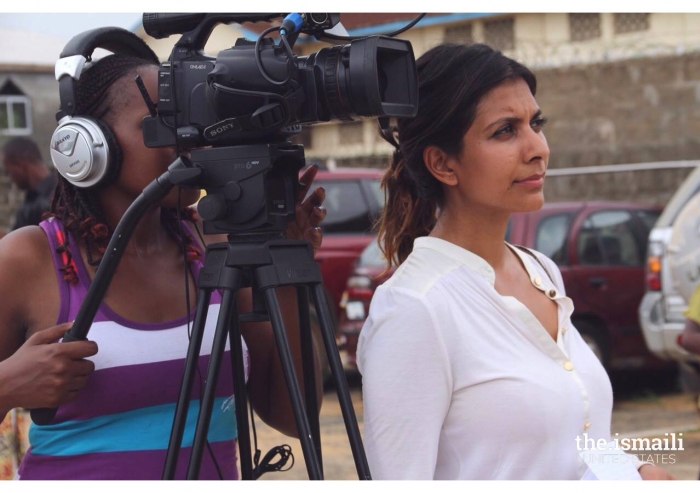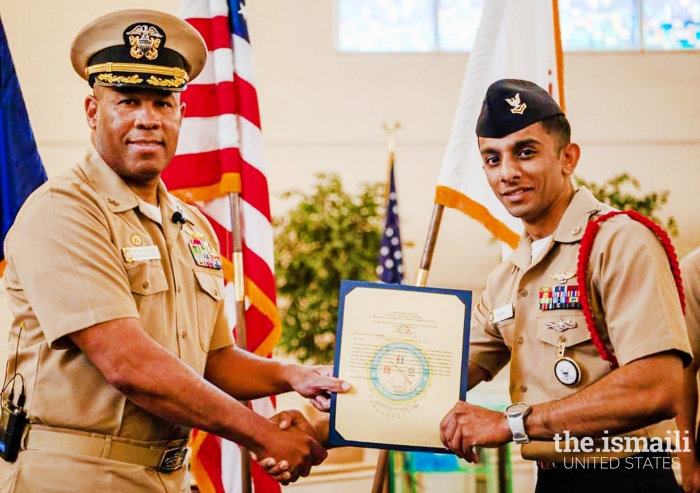With a world vying toward high-paying professions, many have forgotten the one field that has empowered them since childhood: the field of education.
Hussein Rashid, however, is an exception.
Before he was an educator himself, Hussein attended the best schools he could join, earned high academic grades and studied a multitude of subjects, including biology and religion. It was his religion professor who urged him to look beyond his pre-med education and study the humanities and view the act of learning as training to be a professional. “My professor of religion urged me to see that a well-rounded education gives you more options and opportunities than a narrow one,” he said.
While researching in a biology lab felt comfortable at the time, Hussein pivoted his education to study religion academically, saw that the course revealed more than he expected, and continued learning new subjects. He eventually went on to pursue Master’s and Doctorate degrees in Islamic Studies, Comparative Theology, Hinduism and Eastern Languages and Cultures.
“It’s Imam Ali (may peace be upon him) who said that every container decreases in capacity when something is put in it, except for the container of knowledge. That is what keeps me going,” he said about the motivation behind his drive to learn. “As much as I think I know, I can only be reminded by how much I don’t know.” Eventually, Hussein turned his love of learning into a profession and became an educator, continuing his family’s long history in education.
Today, he is an adjunct professor at Barnard College, where he works mostly in higher education and consults youth, adolescents, and adults. His own words tell the story best: “I enjoying learning for myself. It keeps me grounded. More importantly, it allows me learn from other people. Teaching is not a one-way transfer of knowledge, but about listening to and learning from other people.”
Hussein describes an educator’s responsibility as working for the benefit of the students and often refers to them not as “students,” but as “learners.” “My own approach to education is not just information transfer; learners can get information on their own. My goal is to help people figure out how to use that information and to think with it. My task is to help them have knowledge,” he said.
When Hussein thinks about his best moments as an educator, he recalls the times a learner takes control of her own learning and pushes beyond the bounds of what he had envisioned.
But as rewarding as the field of education can be, more and more people pursue education as a means to getting a good job or increasing earning prospects. Hussein dismisses this. “If money is the sole aim of education, then there is no ethic behind it or an integral intent to serve others,” he said. “As a Muslim, we should be constantly asking how our labor is of service to others.”
As an educator, he feels, “If we don’t value and cherish education as a way to improve ourselves and our communities, and make it part of our understanding of spirituality, [then] we do not see its value in ourselves, in our communities and faith.” While religion has the ability to give people a sense of worth, Hussein says, it’s up to us to invest in the ethic of education.









